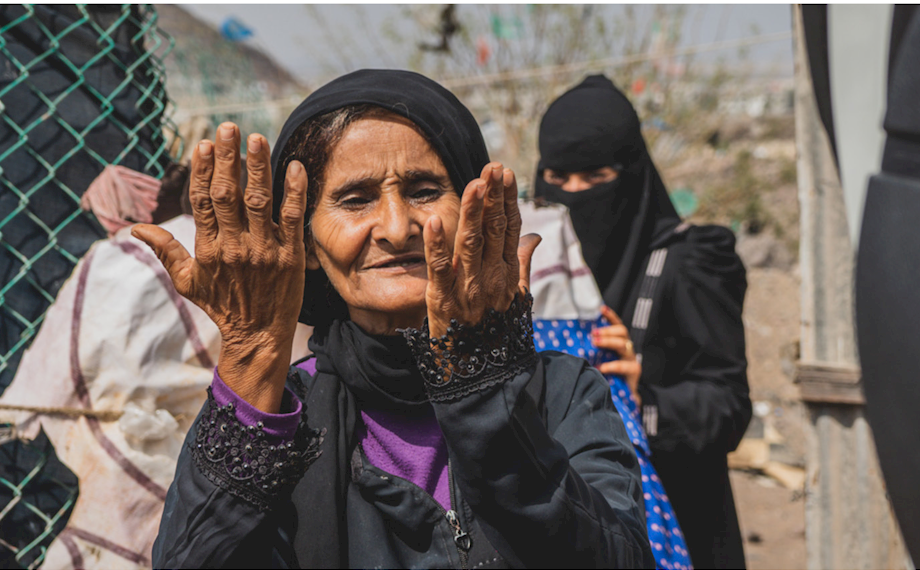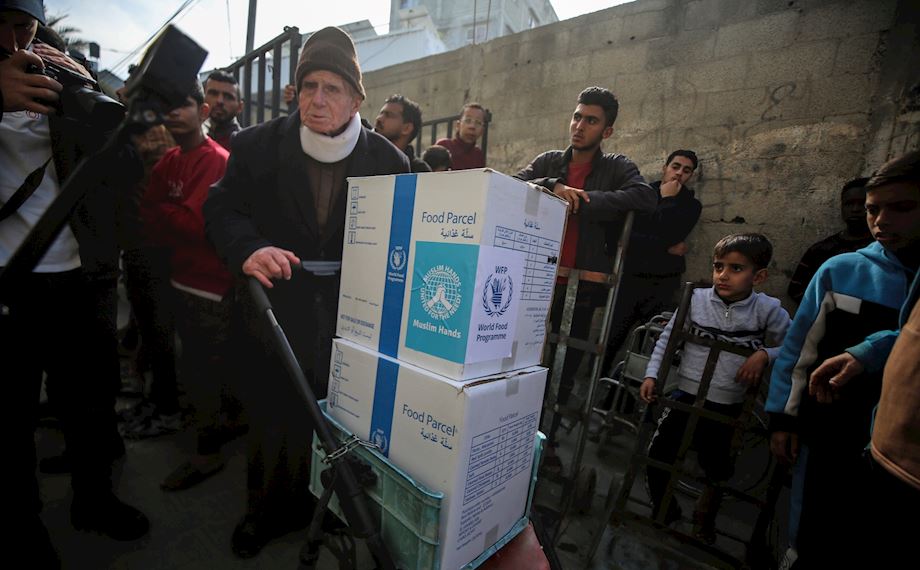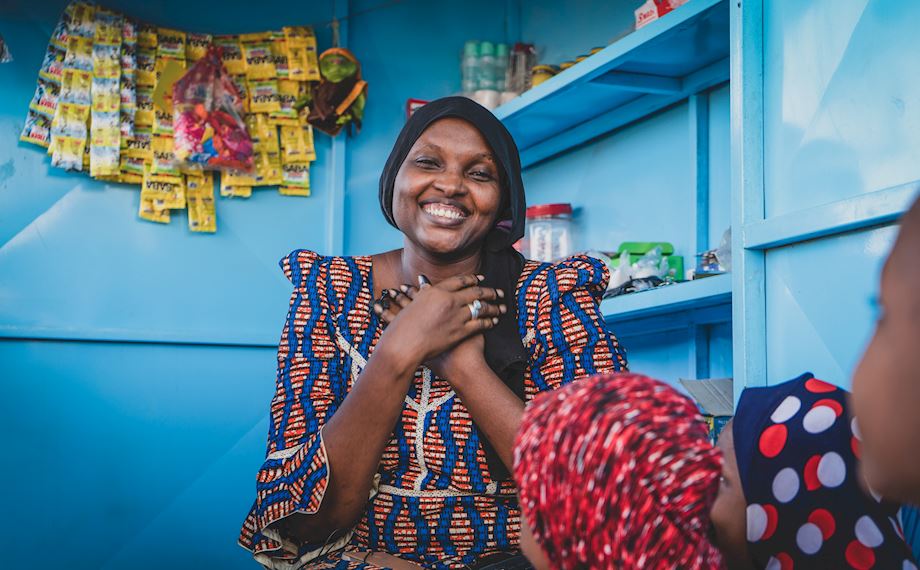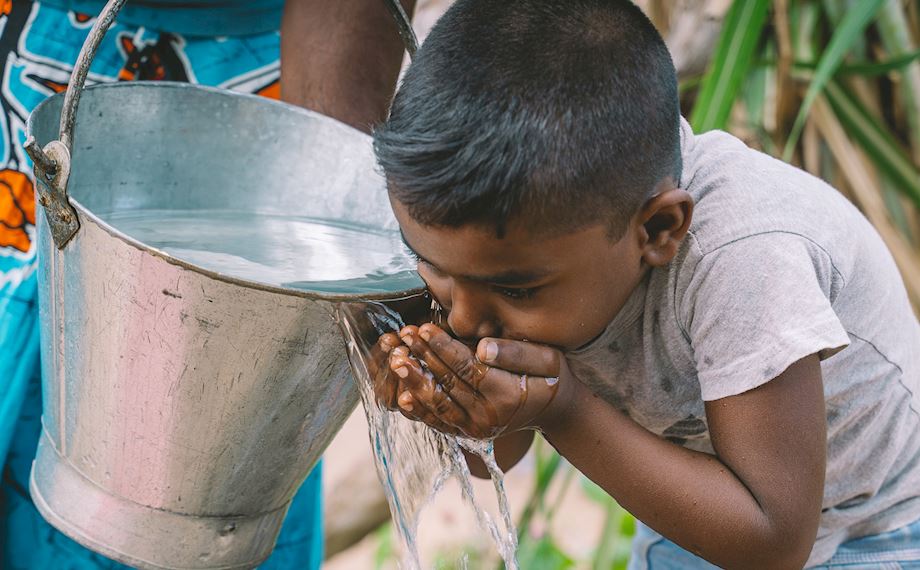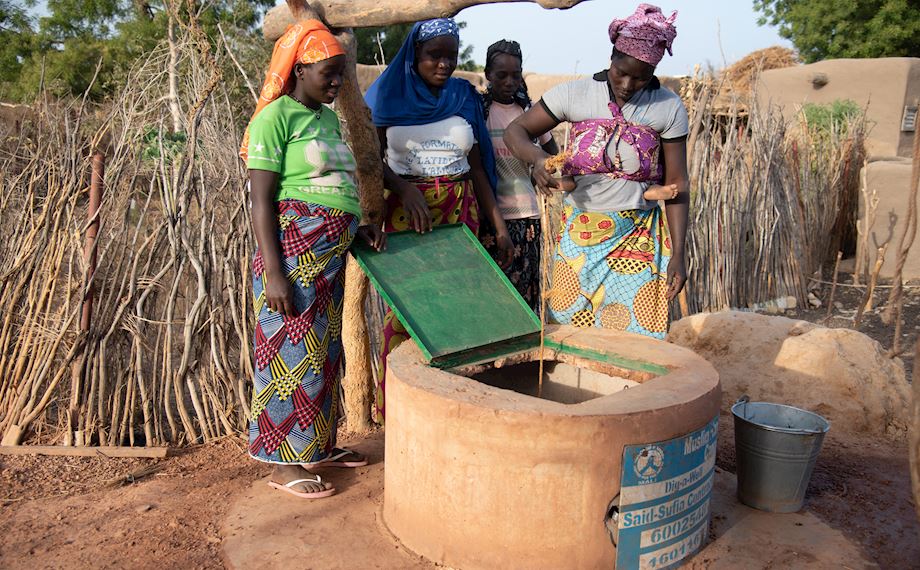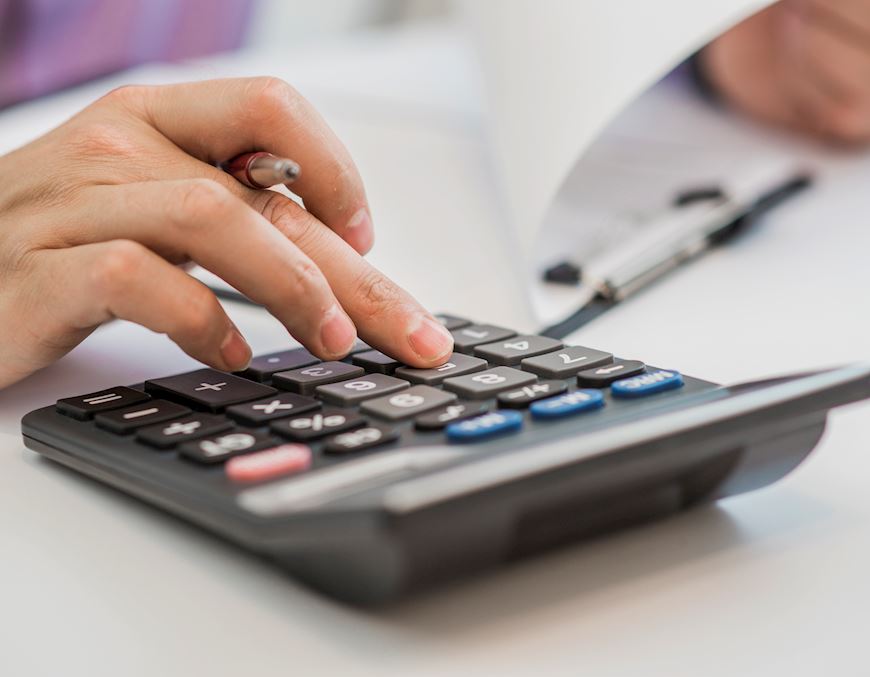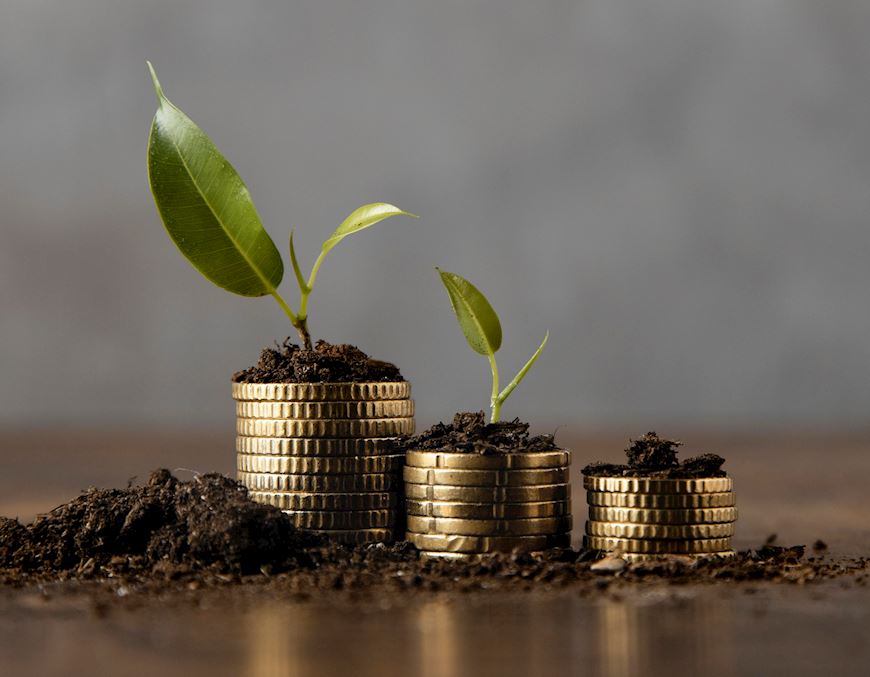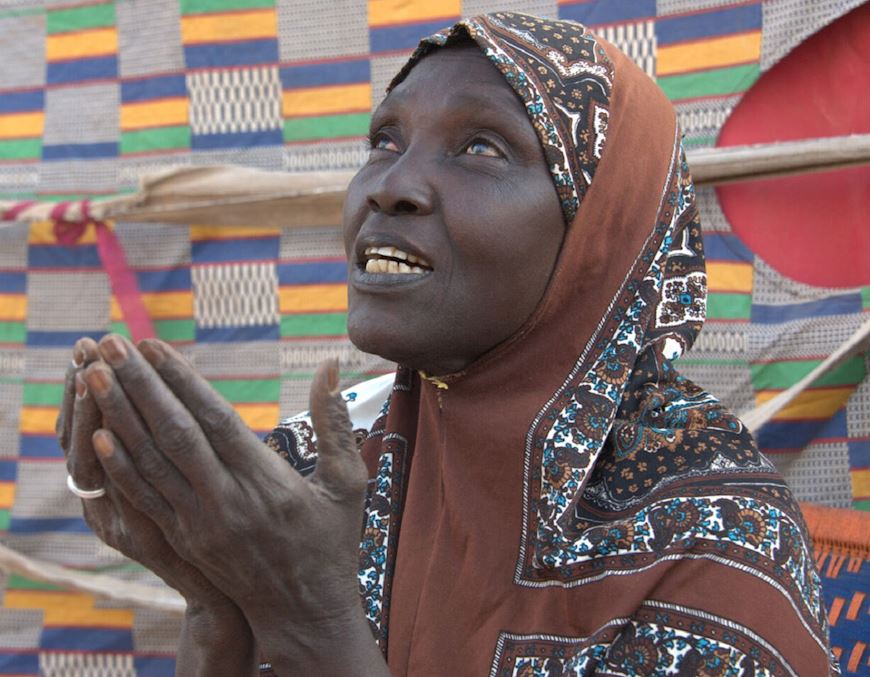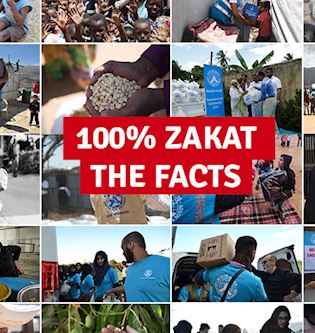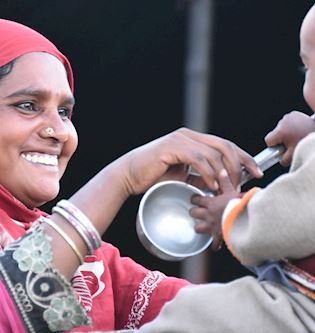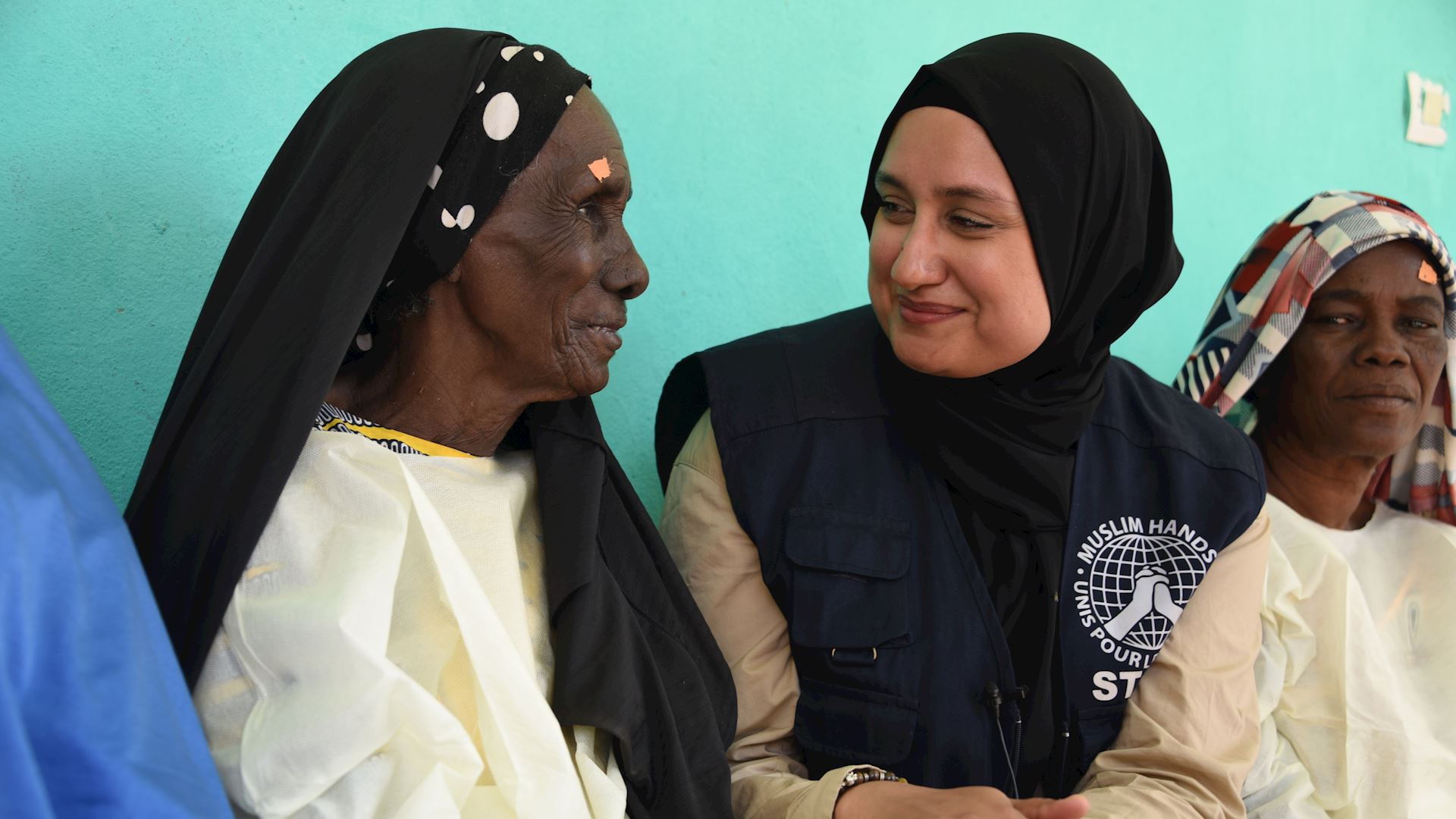
Zakat
An obligation with tremendous benefits
Scroll Page
Donate to our Zakat eligible projects
Zakat Resources
Zakat: The Third Pillar
And establish prayer and give zakat, and whatever good you put forward for yourselves – you will find it with Allah.” (2:110)
Zakat is an obligatory charity that Muslims must fulfill, a compulsory act of worship stipulated by Allah (swt). Its intention: to purify wealth and help the unfortunate.
Every person who is sane, an adult (reached puberty), Muslim, and owns wealth above the nisab must pay 2.5% of that wealth as Zakat.
Giving your Zakat through Muslim Hands allows you to fulfill your duty as a Muslim but make a difference in the lives of people who are living in poor desolate communities without access to water, food, and shelter.
We sincerely thank you for trusting us with your Zakat and hope your contributions can make a lasting impact on lives.
Give Your Zakat
What is the Nisab?
Nisab is the minimum amount of earnings that a Muslim must have before being obligated to give zakat.
The nisab was set at a rate equivalent to 87.5 grams of gold, or 625 grams of silver.
If your earning equals to, or more than, or any property you own equals or is more than values of nisab, you must pay zakat.
Most scholars favour the lower value as it means that more people can pay Zakat and therefore there are more beneficiaries.
Calculate Your Zakat
How We Spend Your Zakat
Your Zakat Saves Lives
Find Out More About Our WorkFrequently Asked Questions
A. Every person who is sane, an adult (reached puberty), Muslim, and sahib-un-nisab must pay Zakat as a duty.
To be a sahib-un-nisab means you possess more wealth than the level of nisab for a period of one lunar year or more.
A. The nisab is the minimum value of wealth one must possess in order to pay Zakat. It is defined as the value of 87.5g of pure gold or 625g silver. Most scholars favour the lower value as it means that more people can pay Zakat and therefore there are more beneficiaries.
A. Gold and silver, including ornaments or
jewellery containing gold and/or silver
Cash held at home or in bank accounts
Stocks and shares owned directly or through
investment funds
Money lent to others
Business stock in trade and merchandise
Agricultural produce
Livestock animals such as cows, buffaloes,
goats, sheep, and camels
Produce of mines
Pensions
Property owned for investment purposes
A. You can pay your Zakat at any time, but many people chose to do so during the month of Ramadan when the reward for our good deeds is multiplied and it is easier to calculate the lunar year.
A. Yes you can. Simply calculate your Zakat payments, divide this by 12 and set up a regular gift, specifying Zakat as the type of donation.
A. For more information on our donation policy please see our ‘How Your Money is Spent’ page.
Latest
News and Updates
Muslim Hands is an international aid agency and NGO working worldwide to help those affected by natural disasters, conflict and poverty. Muslim Hands USA is a 501 (c)(3) nonprofit organization (No. 27-4155655).




